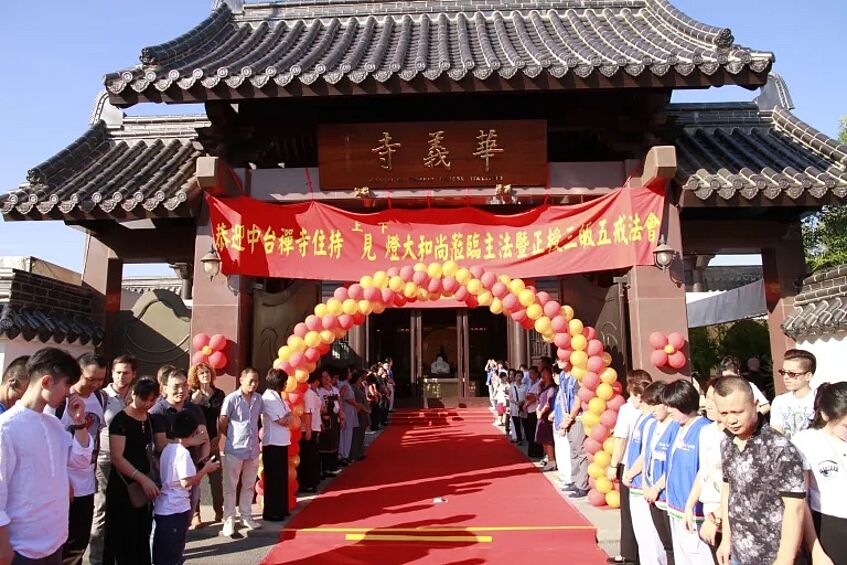Glocal Buddhas: Exploring the Interplay of East Asian Buddhism and Globalization in Austria and Italy

Theoretical framework. One of the challenges facing the study of religion and globalisation is to integrate the areas of enquiry suggested by previous research. The project aims to contribute to this task by focusing on the global repositioning of religion vis-à-vis other religions, global social systems, and global ideas. These three levels of analysis are integrated through a working definition of religion revolving around the concept of authority. Within this framework, the project will explore the factors underlying the global repositioning of religion, starting with those identified by our pilot study (resonance, global consciousness, search for power). To shed light on the interplay between global repositioning and transnationalism, we will target East Asian Buddhism in Austria and Italy (two countries with a strong Roman Catholic presence and similar percentages of Buddhists), with attention to traditions meaningfully present in both countries – Zen, Soka Gakkai International, and Chán Buddhism.
Objectives. The research questions revolve around the global repositioning of Zen, Soka Gakkai International, and Chán Buddhism vis-à-vis other religions (e.g. Christianity), global social systems (e.g. science), and specific global ideas (e.g. ecology, gender equality). Against this backdrop, we will explore issues such as whether the greening of Buddhism implies the understanding of the environmental crisis as a global problem, the resonance of sustainability with Buddhist ideas, and the promotion of Buddhism as the solution to pressing global issues; whether the adaptation of the human rights discourse is used by practitioners to deconstruct gender roles; and how religious discourses can interact with the scientific/political domain in shaping Buddhist attitudes toward the Covid-19 pandemic and related matters.
Methods. The project's work plan has two stages: Stage 1 (months 1-24) will analyse East Asian Buddhism with two sub-projects (Austria and Italy) based on qualitative research (in-depth interviews with leaders and practitioners, participant observation, document search, and content analysis). Stage 2 (months 25-36) will analyse comparatively (contextually and cross-culturally) the case studies to examine convergences/divergences in the dynamics of global repositioning.
Innovation. The project proposes an innovative conceptual framework to address the need for integrated and comparative approaches to religion under globalisation; it introduces the new concept of global-repositioning factors for the analysis of the constraints/incentives underlying religious globalisation; it addresses the dearth of research on East Asian Buddhism under globalisation thus promoting a less Western-centric approach; and with its focus on the Austrian and Italian context it will contribute to clarify the issue of religious pluralism in the EU.
